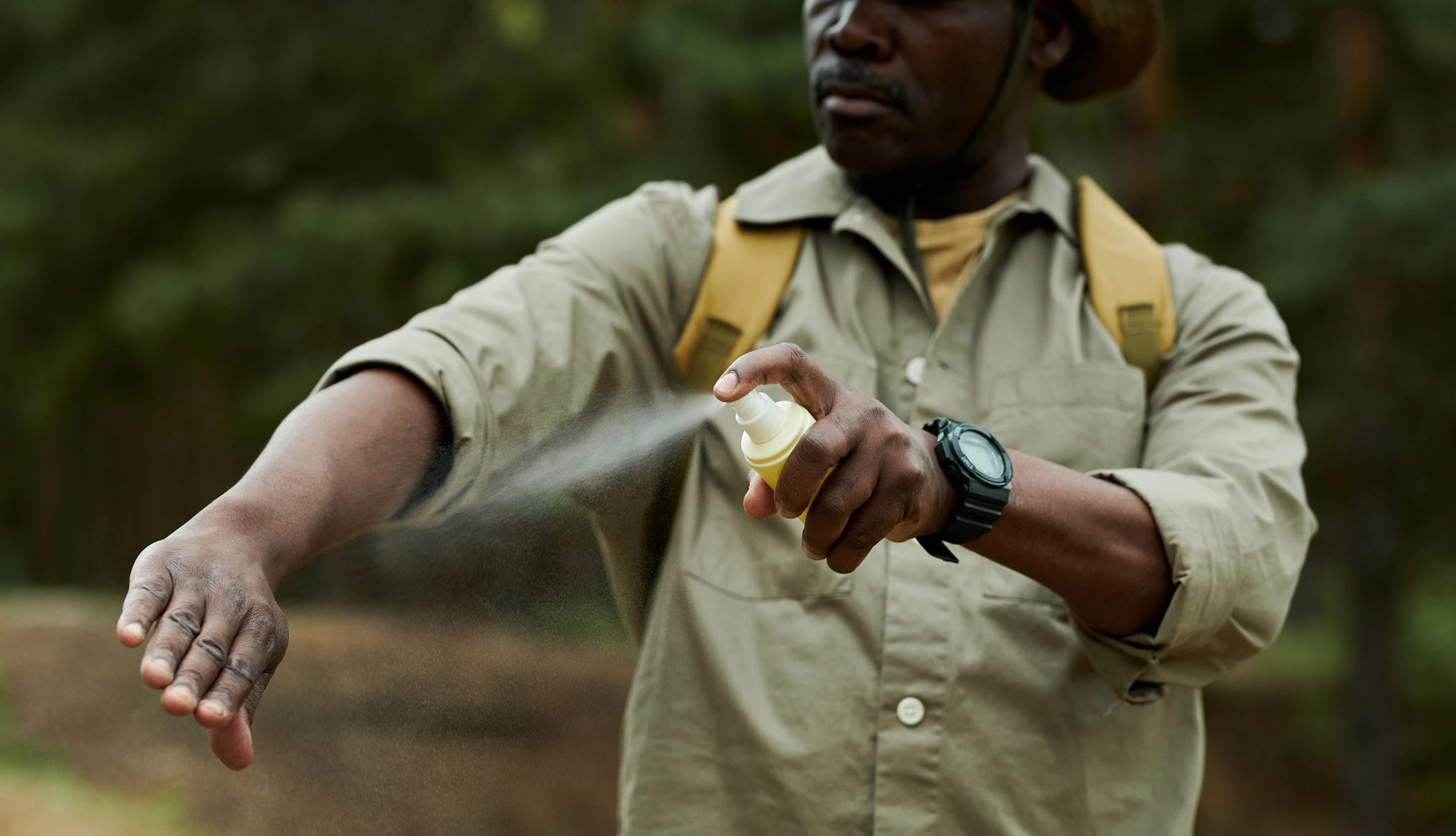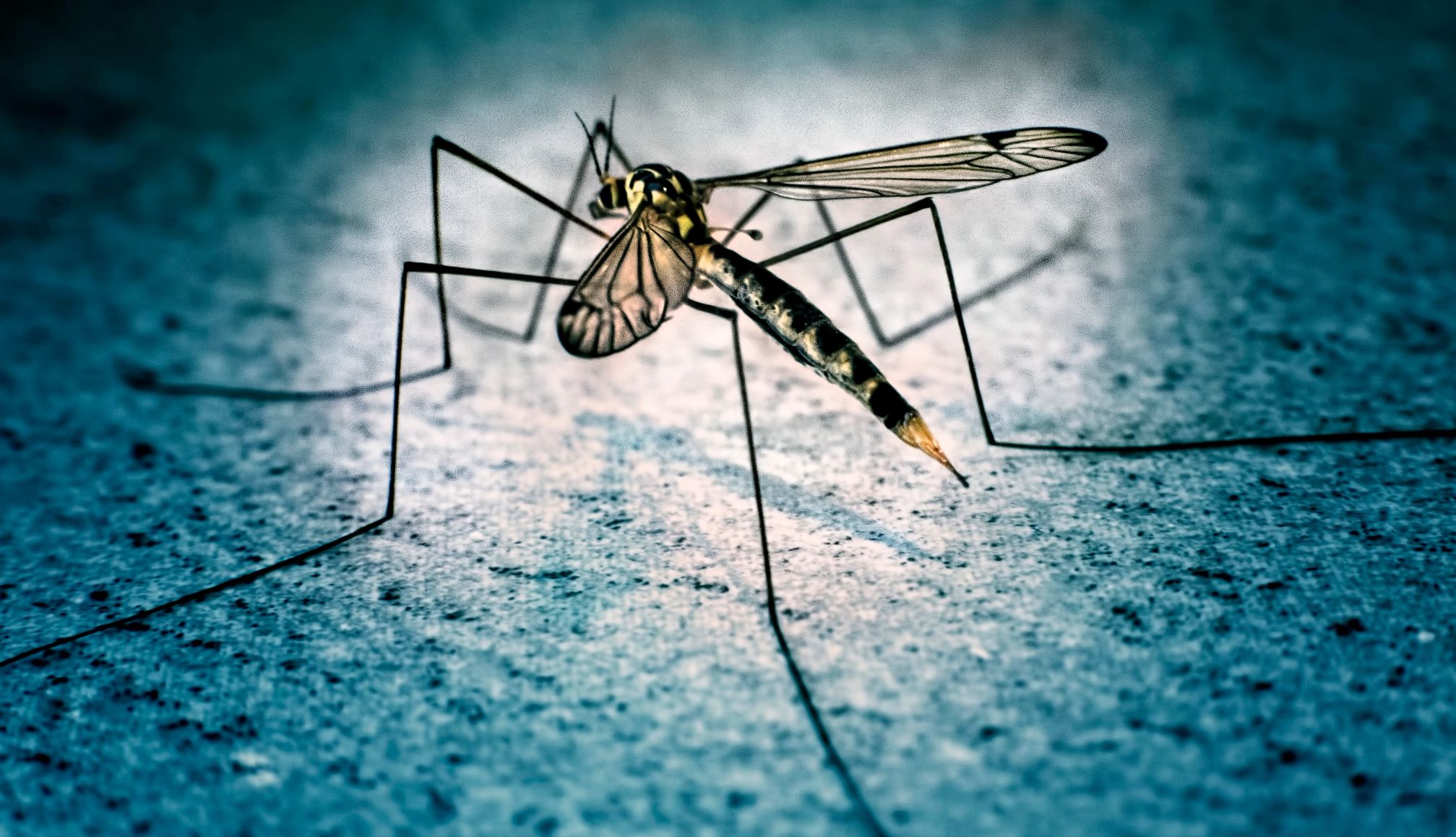AARP Hearing Center


Nothing ruins an outdoor adventure faster than ravenous mosquitoes. It’s not just the bothersome bites that leave itchy, red welts on your skin. Mosquitoes can transmit serious diseases that can be especially dangerous for older adults.
One issue: Older adults tend to have thin skin, which can make mosquito bites more irritating. Age also weakens the immune system, which can increase the risk of secondary infections from scratching, according to Jody A. Levine, M.D., a dermatologist in New York.
“A weakened skin barrier makes your skin more prone to irritation, tears and infections from bites,” she says. “A moisturizer will hydrate your skin and act as a protective barrier.”
Extreme reactions to mosquito bites, called skeeter syndrome, are more common in older adults. Older adults with compromised immune systems are more prone to developing severe illness, including more serious cases of West Nile Virus, after an insect bite. Less common in the U.S. but still very dangerous to older adults: malaria and chikungunya.
Check the CDC website for mosquito-borne illnesses, including symptoms so that you know when it’s time to see your doctor.
We asked the experts to weigh in on what works — and what doesn’t — when it comes to mosquito prevention.
What works to repel mosquitoes


Are you a mosquito magnet?
Mosquitoes seem to be more attracted to people who produce higher levels of carboxylic acid, says a 2023 study – although it’s unclear why people have more or less acid on their skin.
Does that mean the people mosquitos stay away from are expressing natural repellents? Maybe, says scientist Maria Elena De Obaldia, who has been studying the issue. If that is true, she says, that information could be used to design repellents that would make all of us unappealing to mosquitos.
Bathing with coconut-scented soap
In contrast to fruity or floral-scented soaps that can lead to a mosquito feeding frenzy, coconut repels the biting insects, researchers at Virginia Tech found.
“We like to scent our soaps with chemicals typically associated with the pleasant scent of flowers and plants, but mosquitoes also use plant-emitted [scents] to find plants and obtain sugars from their nectar,” says researcher Clément Vinauger, an assistant professor in the biochemistry department at Virginia Tech, who was among a group that studied this issue.
Vinauger notes that coconut-scented products might even be more effective than mosquito repellents containing the active ingredient known as DEET. The takeaway: To discourage mosquitoes, lather up with coconut-scented soap and slather on coconut-scented sunscreen before heading outside.
Wearing permethrin-treated clothing
Several brands and big box stores sell T-shirts, shorts, pants, socks, hats and other items that are treated with permethrin, a common synthetic insecticide designed to repel mosquitoes and other biting insects.
The U.S. Environmental Protection Agency first allowed clothing to be treated with permethrin in 1990, and studies show it works.






























































More From AARP
8 Major Health Risks for People 50 and Older
A look at the top killers — and how to dodge them
How to Avoid the Bites and Stings of Summer Season
Why some people attract pesky insects; 5 ways to reduce your pest appeal
How to Get Rid of Pests in the Kitchen
Easy strategies for keeping ants, roaches, mice and intruders outside where they belong